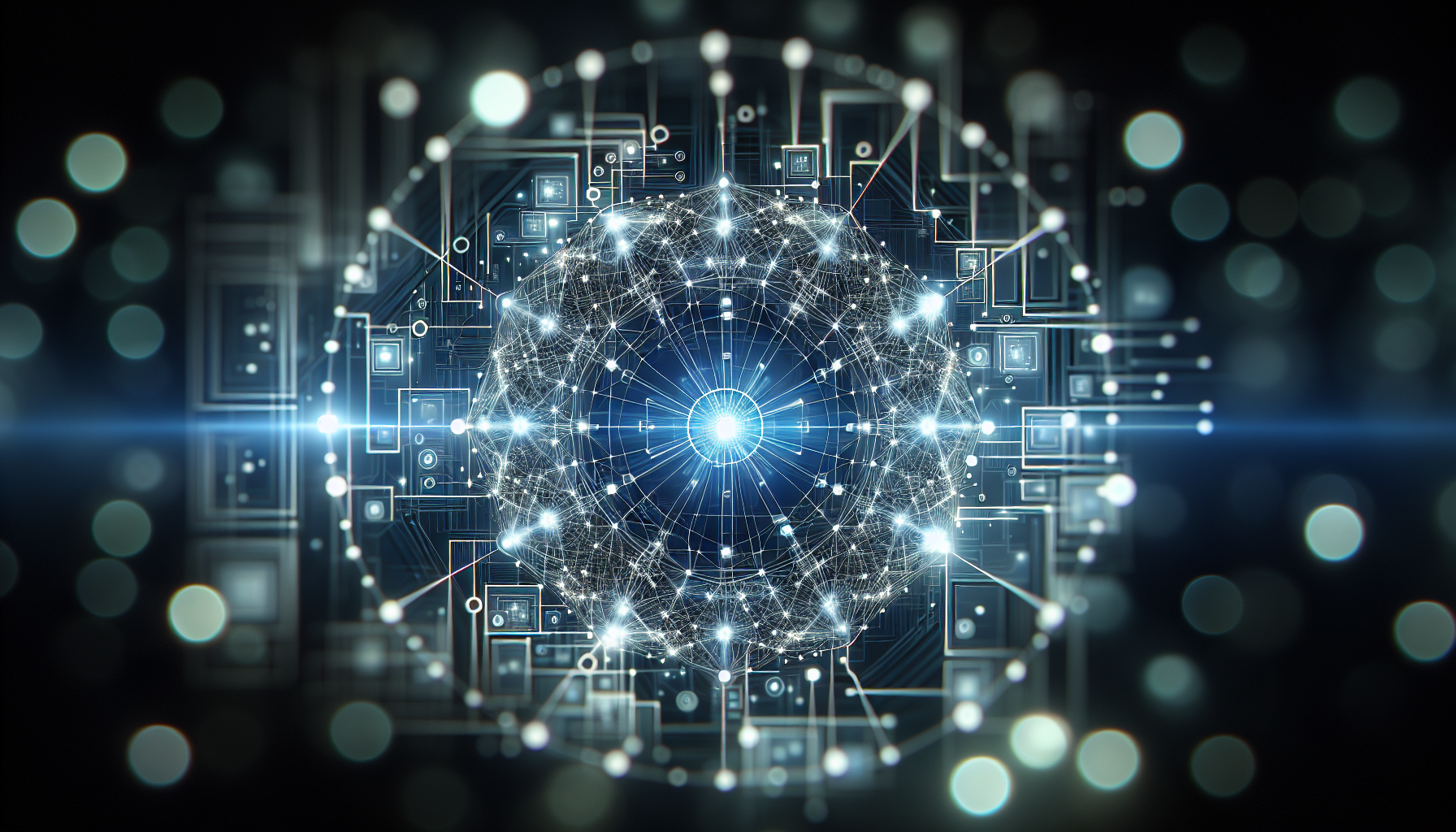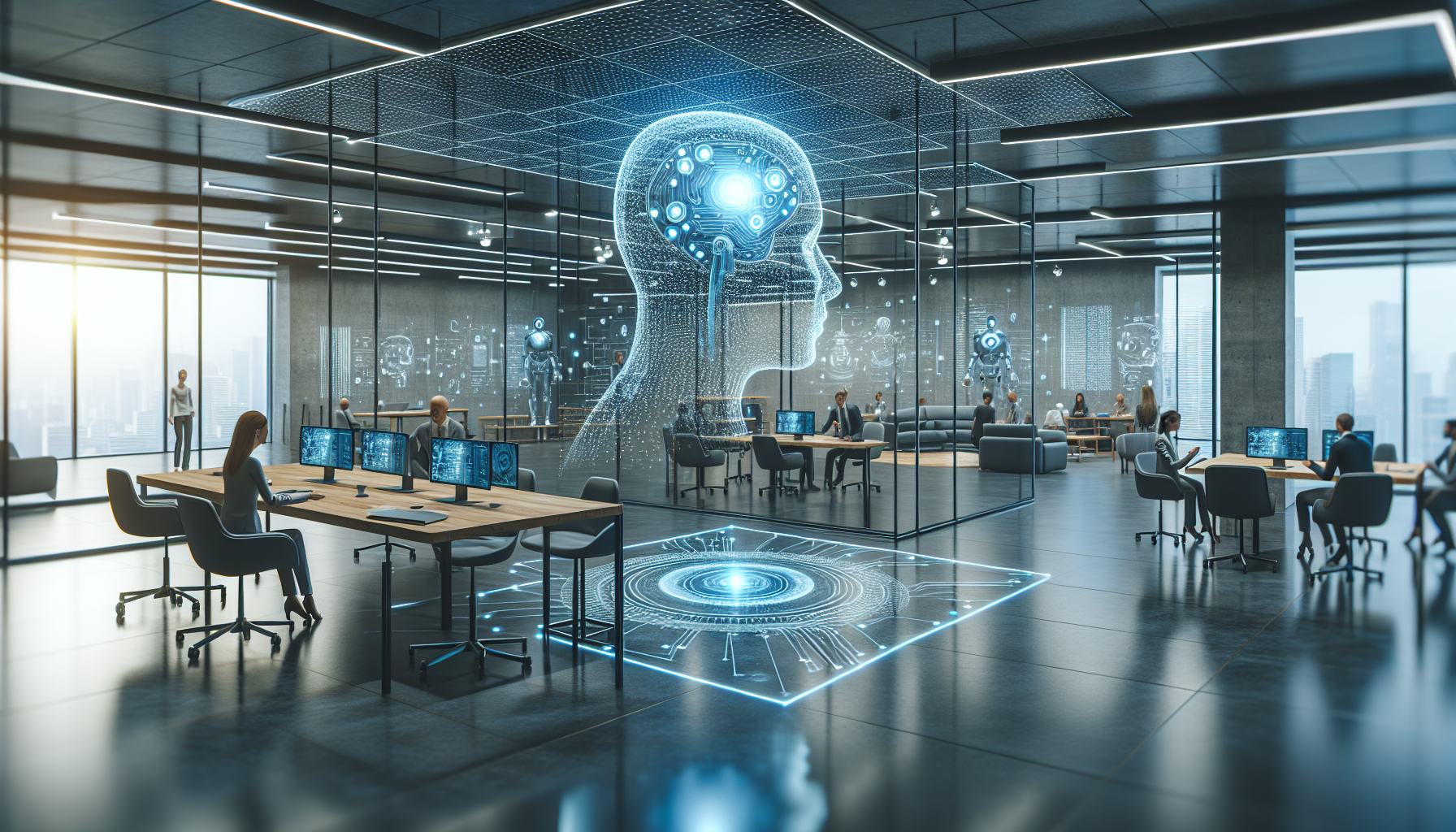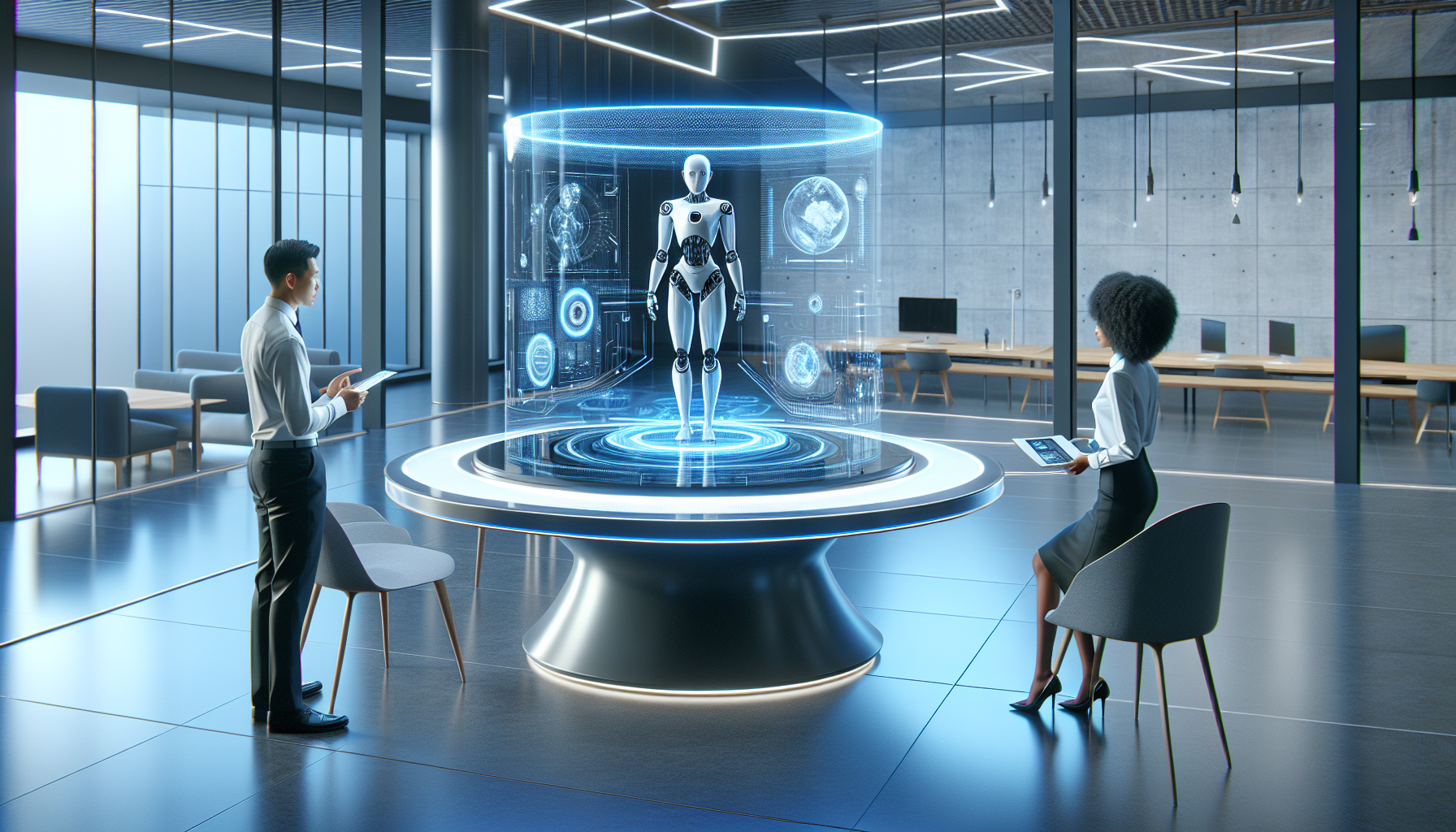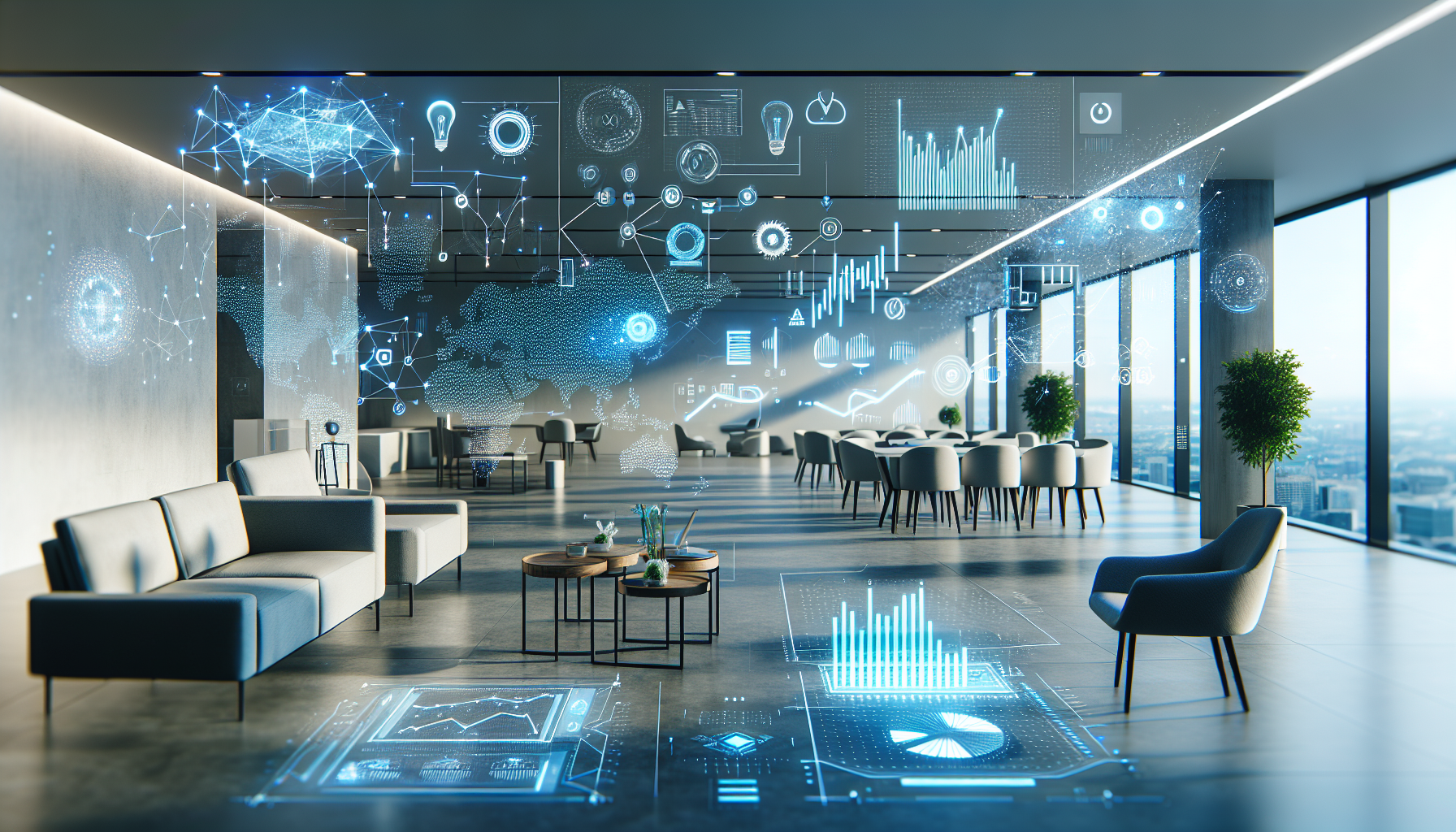
AI Meets IoT: A Comparative Analysis of Their Transformative Potential
September 3, 2025
Artificial Intelligence (AI) and the Internet of Things (IoT) are two of the most groundbreaking technological innovations of our time. When these two powerful forces intersect, they create a synergy that has the potential to redefine industries, enhance efficiencies, and transform our daily lives. This intersection is not merely a technological convergence but a fusion capable of driving unprecedented advancements across multiple sectors. Understanding this amalgamation's transformative potential requires a deep dive into its unique capabilities and the challenges it presents.
Imagine a world where your refrigerator not only keeps your food fresh but also predicts your grocery needs and places orders automatically. This is the intelligent future AI and IoT promise—a future where connectivity and smart technology seamlessly integrate into everyday objects. At the core of this revolution is the ability of AI to process and analyze vast amounts of data generated by IoT devices, enabling more informed decision-making and automation.
AI's role in enhancing IoT is akin to a conductor leading an orchestra. While IoT provides the instruments—the sensors, devices, and connectivity—AI orchestrates these elements to create a harmonious experience. The real power lies in AI's ability to learn and adapt over time, transforming raw data into actionable insights. For instance, in smart manufacturing, AI algorithms can analyze IoT data to predict equipment failures before they occur, reducing downtime and saving costs.
Security is another critical area where AI and IoT intersect. With billions of connected devices, the risk of cyber threats is a significant concern. AI enhances IoT security by identifying patterns and anomalies in data traffic, enabling the detection of potential threats in real time. This proactive approach not only safeguards sensitive information but also fortifies the entire network ecosystem.
However, the integration of AI and IoT is not without its challenges. One of the primary hurdles is the vast amount of data generated by IoT devices. Storing, managing, and processing this data requires robust infrastructure and significant computational power. Moreover, the need for real-time data processing necessitates advancements in AI algorithms to ensure efficiency and accuracy.
Despite these challenges, the benefits of AI and IoT integration are manifold. In healthcare, for example, AI-powered IoT devices can monitor patients' vital signs and alert medical professionals to any irregularities, potentially saving lives. Similarly, in agriculture, IoT sensors combined with AI analysis can optimize irrigation systems, reduce water waste, and increase crop yields.
The economic impact of AI and IoT is equally profound. According to industry experts, businesses that leverage these technologies can gain a competitive edge through improved operational efficiencies and innovative product offerings. This advantage is not limited to large corporations; small and medium-sized enterprises can also harness the power of AI and IoT to streamline processes and enhance customer experiences.
Despite the compelling case for AI and IoT integration, ethical considerations must not be overlooked. The collection and use of personal data by IoT devices raise privacy concerns that must be addressed through transparent policies and robust data protection measures. Ensuring that AI systems are free from bias and operate fairly is equally crucial to maintaining public trust.
As AI and IoT continue to evolve, their intersection will undoubtedly yield new opportunities and challenges. The key to unlocking their full potential lies in fostering innovation while addressing the ethical and technical hurdles that accompany these advancements. The question remains: Are we ready to embrace this intelligent future and harness the transformative power of AI and IoT for the betterment of society?
The confluence of AI and IoT is not just an evolution; it is a revolution. By understanding and addressing the complexities of this intersection, we can pave the way for a future where technology enhances human capabilities and enriches our lives in ways we have yet to imagine.


